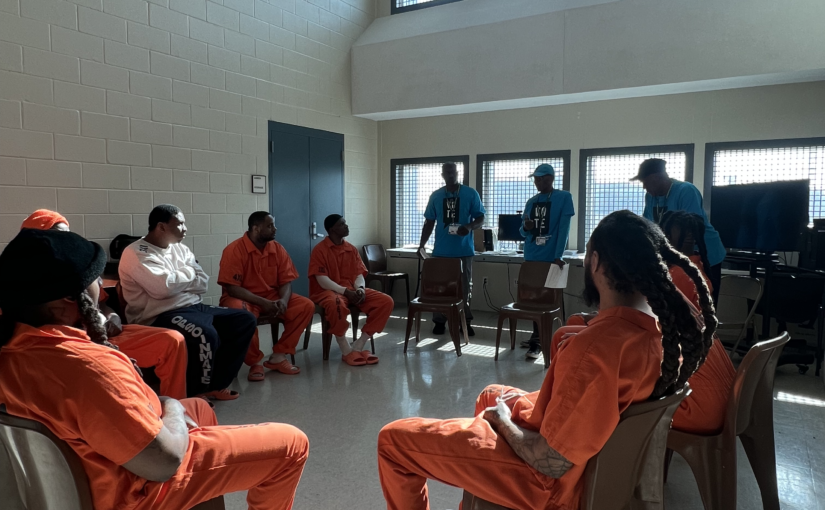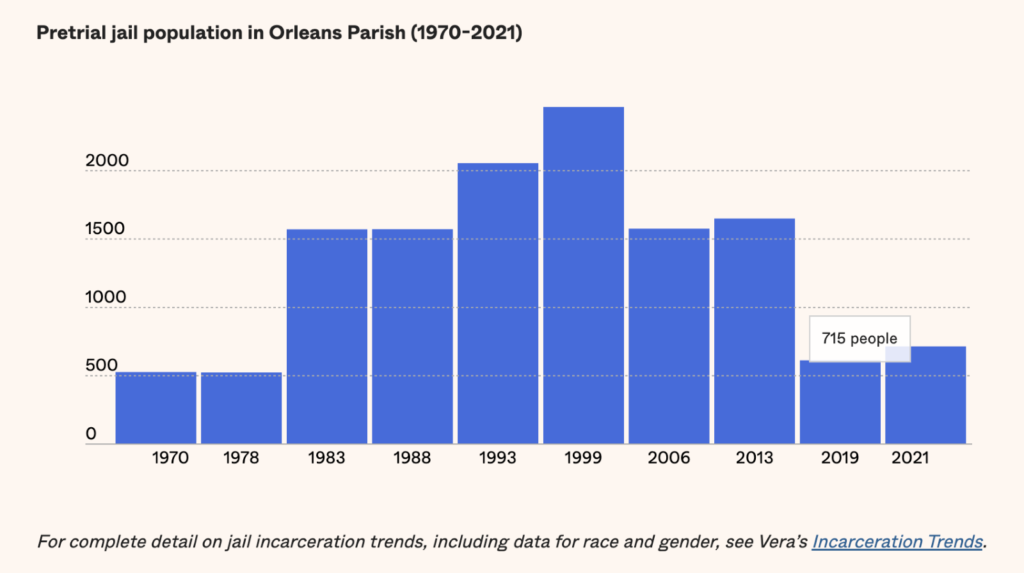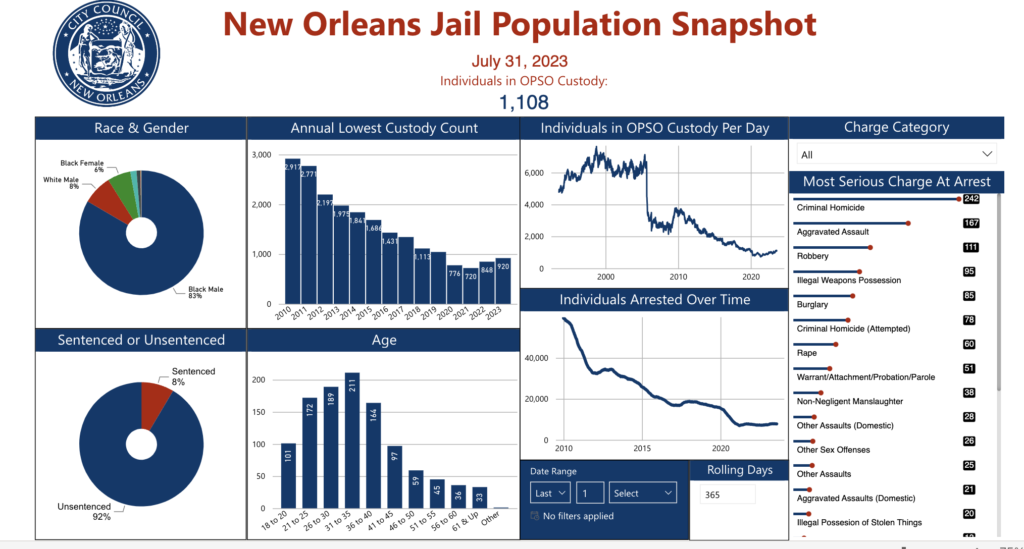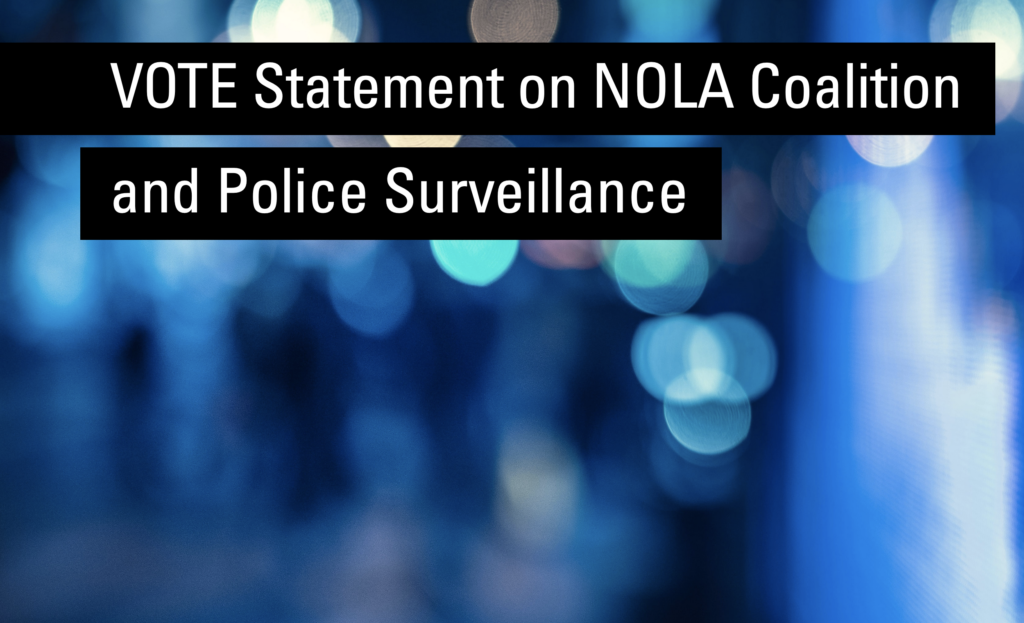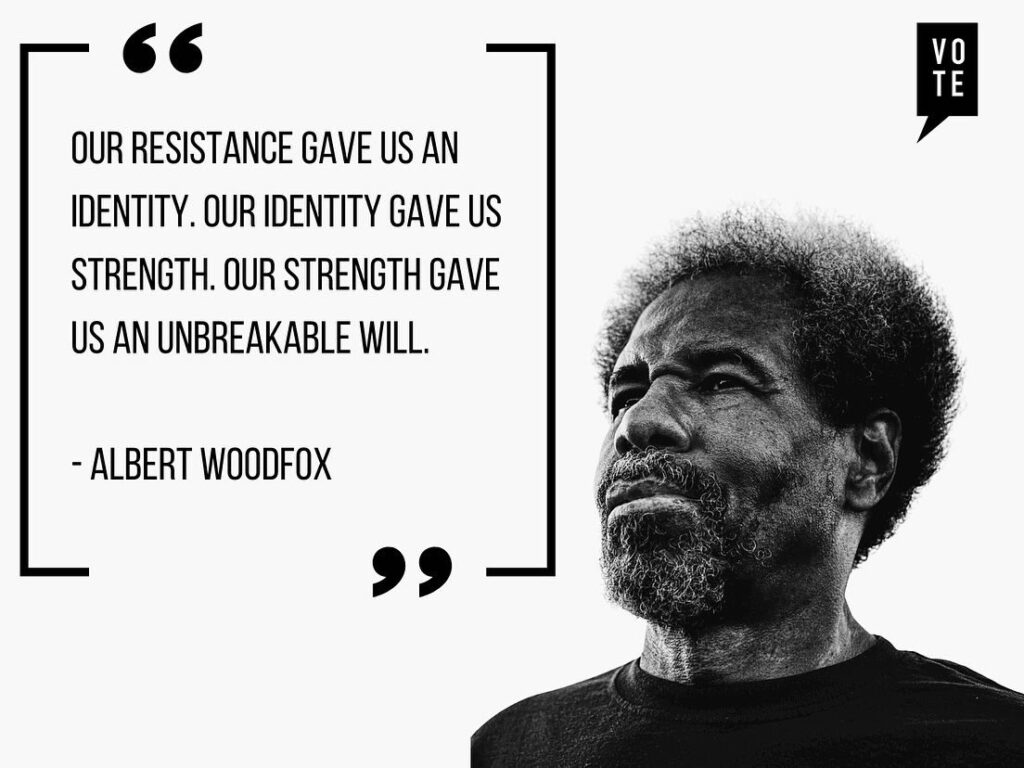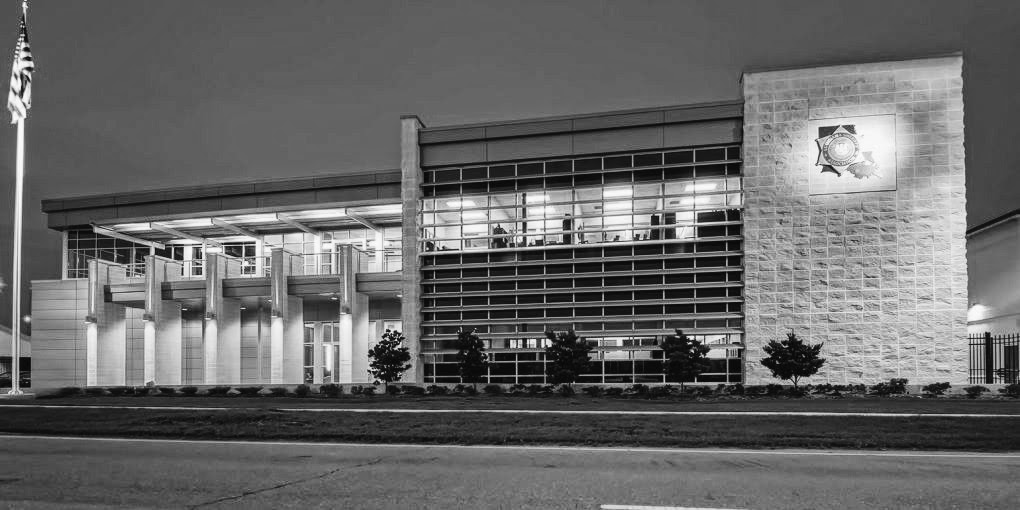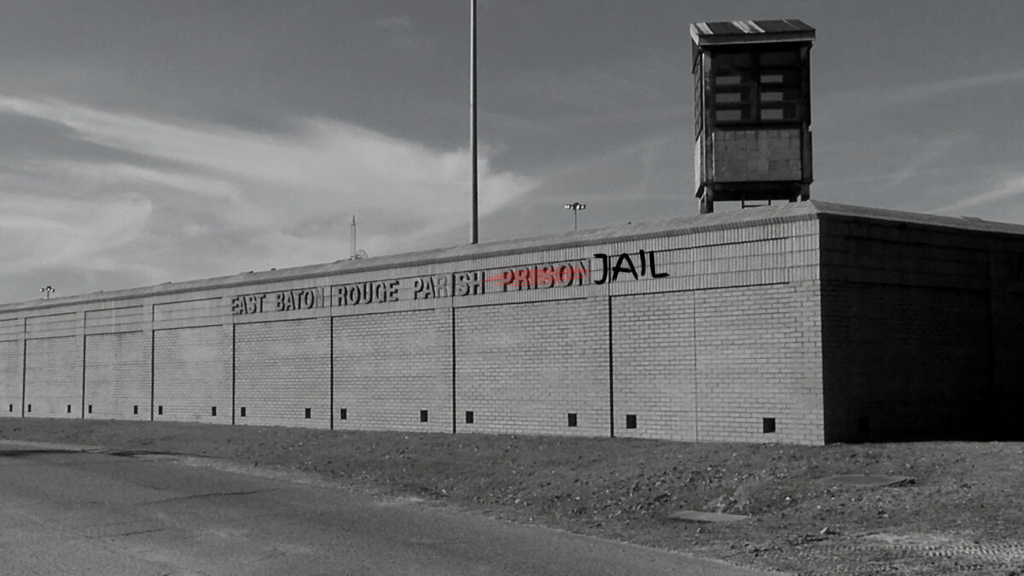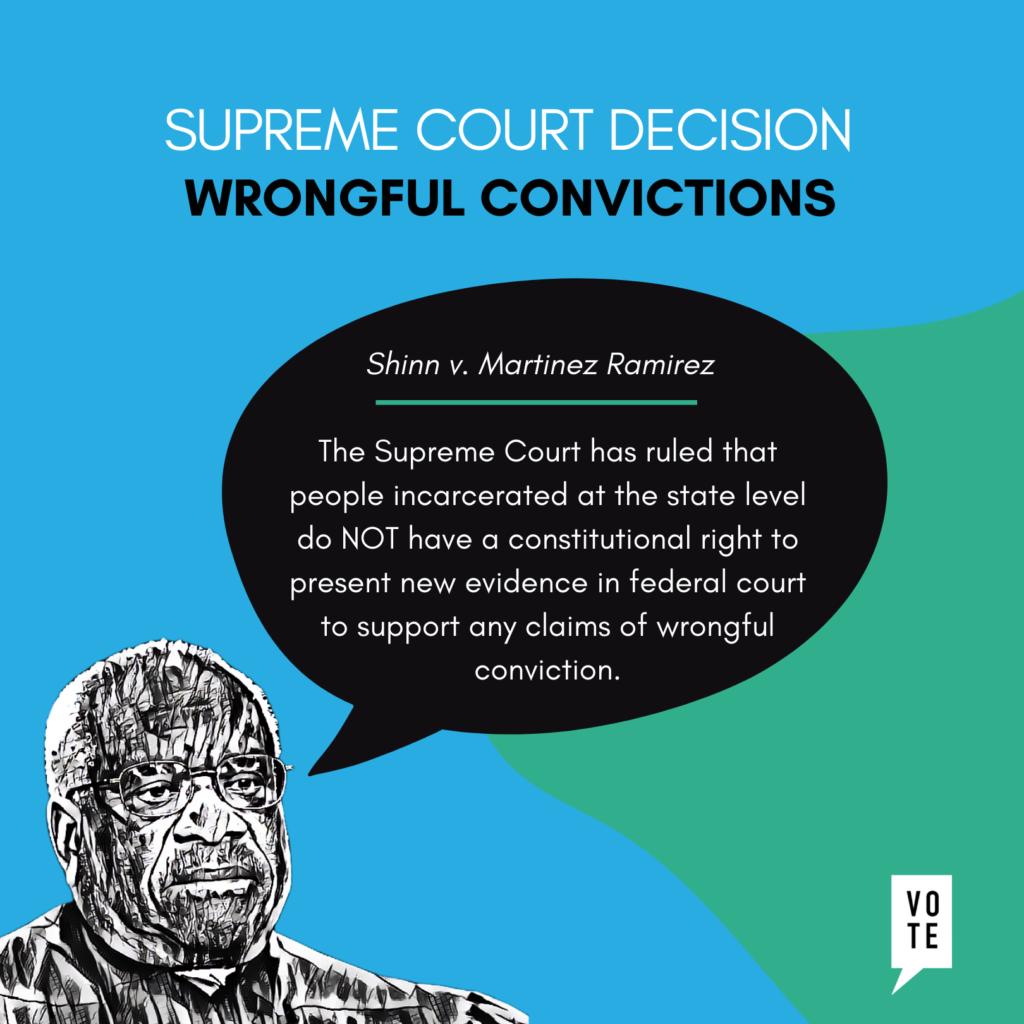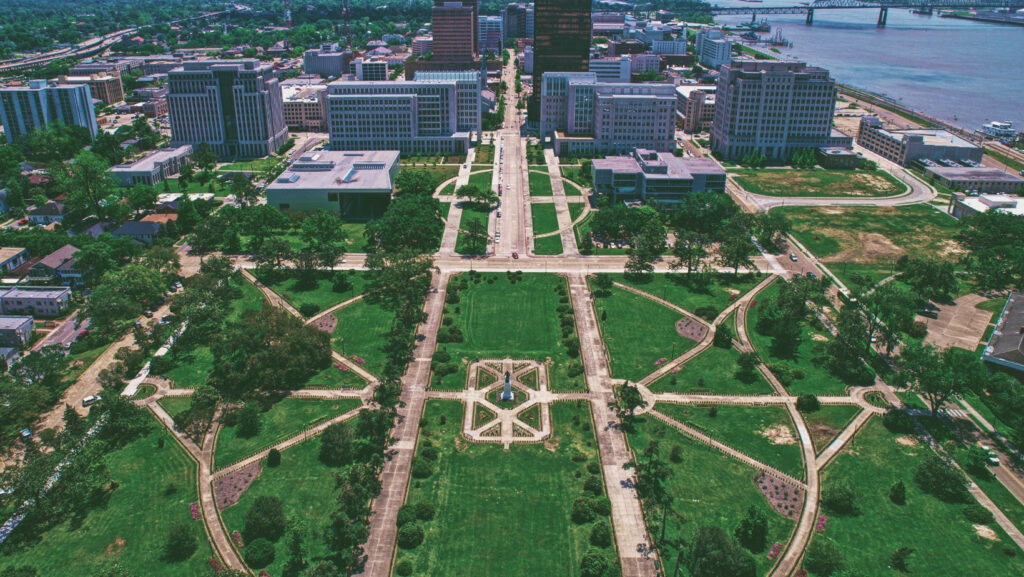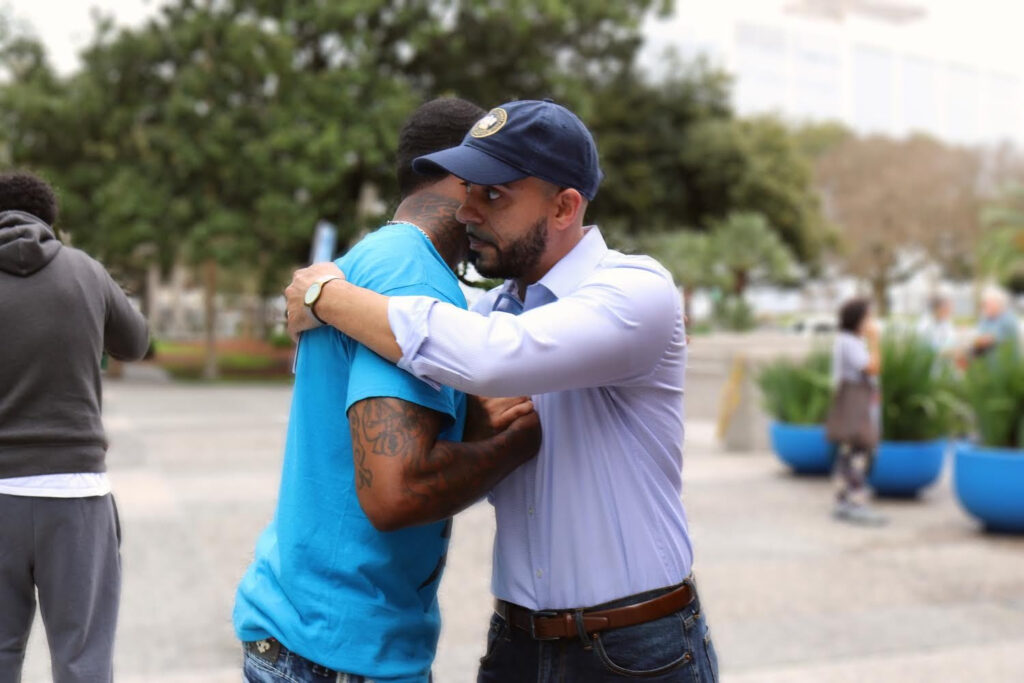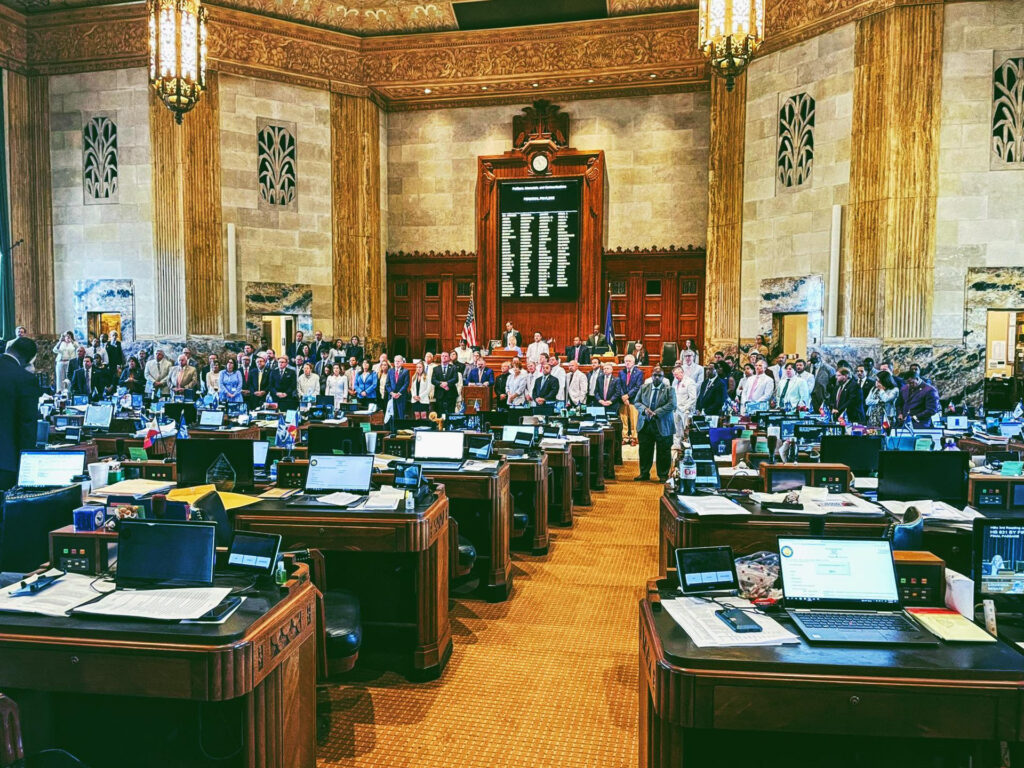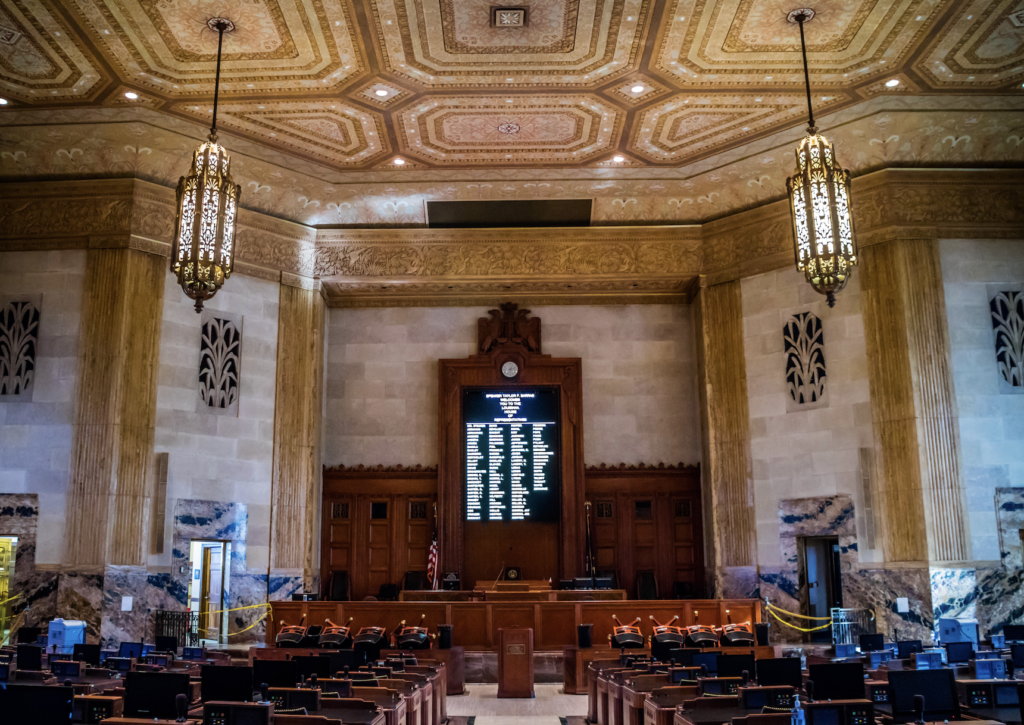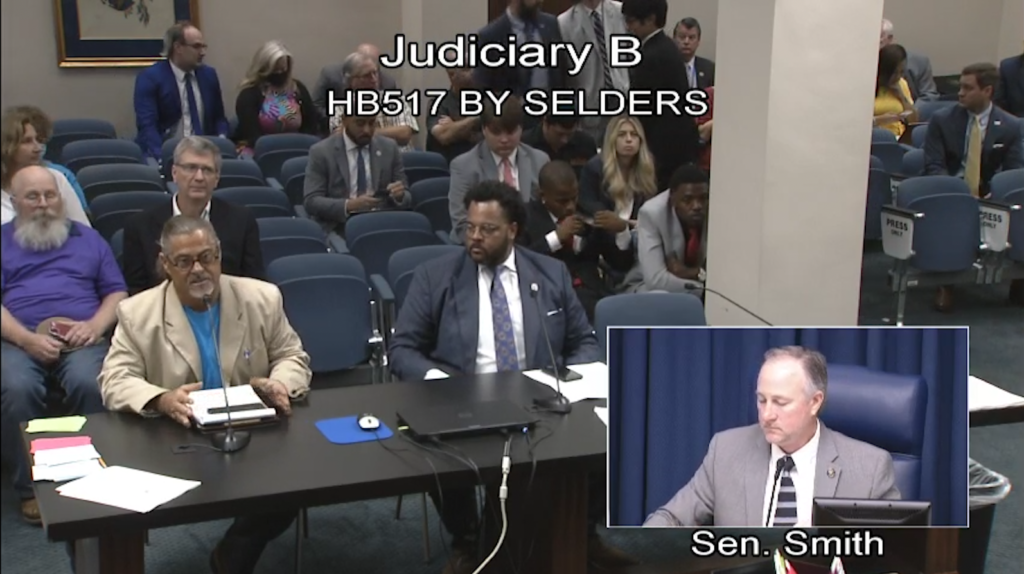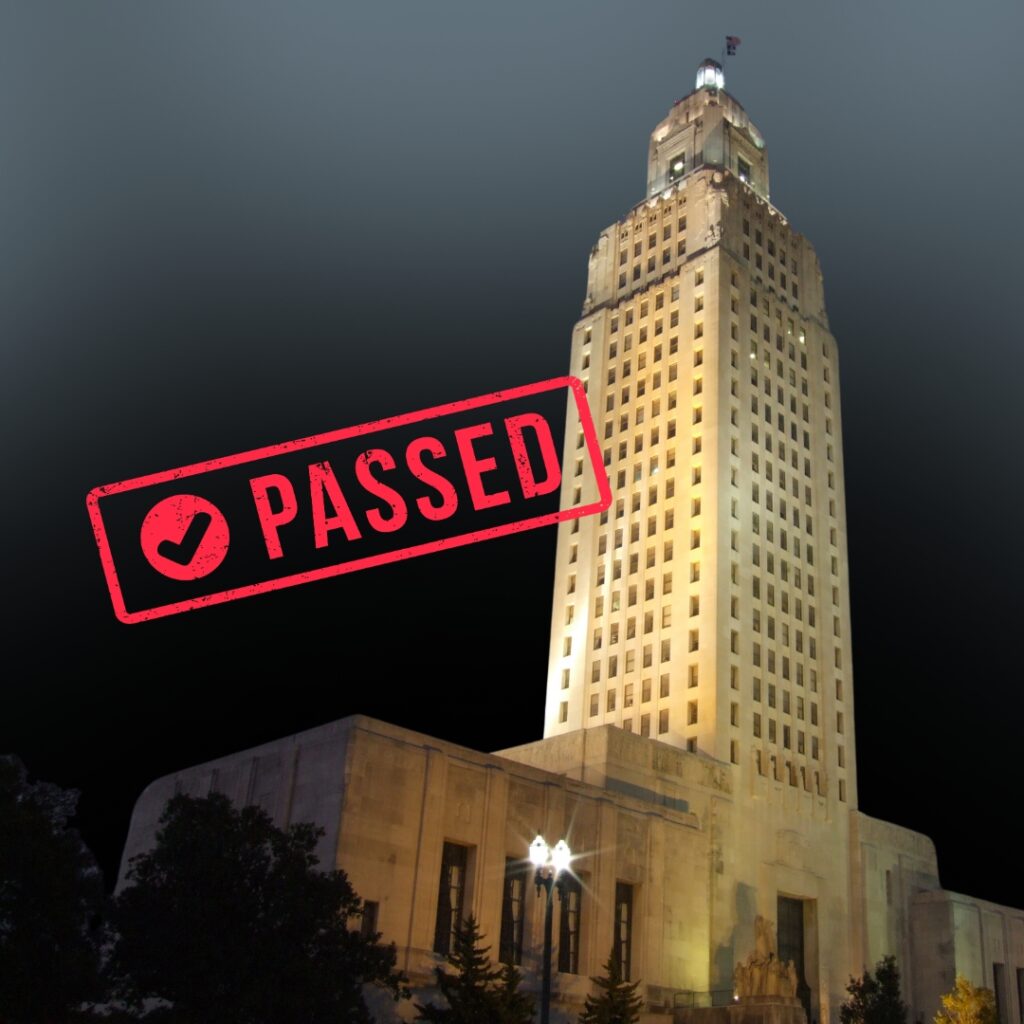
As anticipated, Louisiana’s Special “Crime Session” wrapped Thursday, February 29th with devastating speed. In just 10 days, almost the entire slate of proposed legislation passed. These bills will cost taxpayers millions while making us less safe and roll us back to failed policies of the past.
Here are 22 bills to be mindful of:
Act 1 / SB 1: Anyone over 18 (w/o felony conviction) can carry a CONCEALED FIREARM without a permit; can’t carry while under influence; can’t carry in church, parade, airport, place of worship, State Capitol, court, or wherever state/federal law prohibits (“gun free zones”). Any property owner or lessee can prohibit guns on property. (7/4/24)
Act 2 / SB 2: GUN LIABILITY. No Liability for firearm if caused by “justified use of force or self-defense.” Does not cover gross negligence, intentional misconduct, or if convicted of felony (7/4/24)
Act 3 / SB 9: SEX OFFENSE STATUTE OF LIMITATIONS begins with any newly discovered photo/video evidence.
Act 4 / HB 3: Opioid funds: Sheriffs DRUG TESTING all people arrested, within 24 hrs of booking; all positive tests are screened for substance abuse disorder and Drug Court eligibility; all found suitable for Drug Court shall be subject to Art. 904 (ineligible for Drug Court if charged w/ violent crime); test results inadmissible in any civil/criminal action (presumably probation/parole violations); all positive tests requires pretrial drug testing program; probation can be up to 8 years; completion of probation is eligible for expungement (but still counts as 1st offense for Habitual Offender tally) (7/1/24). Note: Mislabeled as “drug court expansion,” but any expansion requires additional funding by Legislature.
Act 5 / HB 6: DEATH PENALTY methods: nitrogen gas and electric chair; process secret; Inspector General will review and certify the vendor of drugs is licensed and not connected to governor or legislators (7/1/24)
Act 6 / HB 9: ELIMINATE PAROLE, (offense committed after 8/1/24) except under-18, Life or sentence over 25 yrs (25 yr eligibility), 1970s Lifers (currently eligible). (eliminates geriatric and medical; ends 20/45). Leaves only Good Time Parole release; effectively death penalty for anyone sentenced to over 50 years.
Act 7 / HB 10: “Serve at least 85%” Can only earn Good Time credits up 15% of the sentence, plus up to one-year for program completions; no Good Time while on parole; pretrial Good Time credits still in effect (Art. 880). Applies to offenses committed after 8/1/24.
Act 8: / HB 11: Increase maximum PROBATION from 3 to 5 yrs (unless in Drug Court’s 8 years); Probation can be extended for unpaid fines/fees; “compliance” requires paid fines/fees; no more Good Time credits; Judge can still early terminate at any time if in compliance; technical violations carry up to 90 days for 1st incident; misdemeanor possession of Marijuana still a technical violation; arrests (including misdemeanors) are subject to full revocation (do not need a conviction), court can order full revocation for Failure to Appear, violation of protective order, failing to complete drug program, failure to report for 120 days. (Offense committed after 8/1/24)
Act 9 / SB 7: DWI – interlock devices on car for at least 6 months
Act 10 / HB 4: D.A.s and judges lose discretion to waive procdural bars for out-of-time of repetitive POST-CONVICTION applications; no exceptions
Act 11 / SB 5: UNANIMOUS PAROLE BOARD; must have 3 years without major infraction to be eligible (was 1 year); A.G. is also notified, all notices must be 90 days prior (was 60 days); parole decisions are void if notification requirements not followed; 3 year wait for rehearing if 1st offense violent crime; 5-year wait for other violent crimes and sex offenses; release date can be revoked prior to release;
Act 12 / HB 23: All Challenges to CONSTITUTIONALITY of a statute must be served to the Attorney General, to which they have 30 days to reply.
Act 13 / SB 3: LOWER THE AGE – 17-year-olds committing a crime after April 19, 2024 are adults. Jails and prisons still must adhere to “sight and sound” separation from people over 18.
Act 14 / SB 4: JUVENILE mandatory minimum of 2 years on any second offense that is a violent crime (eligible for modification at 2 years, or 50% if sentenced under 36 months), must attain “low risk,” and either earned GED or in workforce training program, and recommendation of OJJ
Act 15 / HB 1: “TRANSPARENCY” of court records. All criminal court clerks provide public access (via statewide online portal) to minute entries on all cases filed since 2020. No traffic violations. Includes juveniles arrested on violent crimes after Jan. 1, 2024 (can be sealed by a court). Data: Arrest, charging, bail decisions, hearings, identity of judge and prosecutor; clerks are immune from liability. Will expose people whose charges are dropped, including kids in school, and every criminal allegation or conviction for those 17 and up.
Act 16/ HB 2: LIMIT LIABILITY of “peace officer” and their employers (includes Neighborhood Associations) unless criminal, fraudulent, or intentional misconduct. Gross negligence is now shielded, likely to impact traffic accidents with peace officers (and insurance claims). Police brutality claims can still proceed in federal court.
Act 17 / HB 5: “Illegal use of weapon” (i.e. firing a gun in the air) is now a violent crime regardless of anyone being hurt.
Act 18 / HB 7: Carjacking sentences raised: 20 – 30 years if serious bodily injury; 5-20 if not. (Most are charged under robbery statute anyways, carries up to 99 years).
Act 19 / HB 8: Possession w/ Intent, or distribution of FENTANYL: 25 – 99 years if “detectable amount” of fentanyl if the product or packaging has “reasonable appeal to a minor.” No minor need be present. No sale need happen.
Act 20 / HB 19: FUNDING $3m to send National Guard to Texas; $600k to create new Public Defender in Gov. Branch; $22 million to State Police
Act 21 / SB 10: NO GOOD TIME if 2nd (or more) violent crime; death of first responder = 1-day Good Time per month.
SB 8: Moves PUBLIC DEFENDER under Executive Branch. Gov. Appoints statewide public defender, subject to approval by Senate majority and PD Oversight Board (9 board members, must have been lawyers for 8 yrs, 4 appointed by the Gov, including Chair; Gov selects one of 3 nominees by LACDL; Supreme Court appoints a retired judge and a juv. Justice advocate; 1 each from Senate President and Speaker of House); State Public Defender approves budgets of district defenders; public hearings for contracts with attorneys or indigent defender organizations, etc.; deletes policy of selecting proportionate minority / women lawyers; State defender must be Louisiana licensed, with 20 yrs experience and 7 years in criminal defense; District Defender contracts can only be 5 yrs max; district defenders stay employed; Oversight board establishes district defender compensation plan; Selection of new district defenders via Committee: one attorney and 2 registered voters from that district (1 appointed by state defender, 1 by district chief judge, 1 by Oversight Board) and submit 3 nominees to the State Defender. All contracts honored through Jun 30, 2024.


